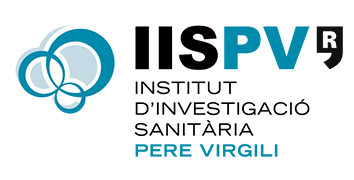Researchers from the
Nutrition and Metabolic Health (NuMeH) group and TecnATox have identified a group of molecules with the potential to improve the
Alzheimer's diagnosis process. Published by the journal
Cell & Bioscience, the results of this research represent an important step towards having tools that allow diagnosing this neurodegenerative disease when the symptoms are still mild.
The research team has analyzed blood samples from 192 people with mild cognitive impairment, that is, individuals with cognitive and memory problems at risk of developing Alzheimer's, users of the ACE Alzheimer Center Barcelona. The results have identified 15 small non-coding RNA molecules, present in 85% of the participants with a higher risk of developing the disease and would allow the most vulnerable patients to be diagnosed years in advance. These molecules are short chains of nucleotides that, although they contain genetic information, do not have the ability to code for a protein. Instead, they activate or deactivate other RNA molecules that do have the ability to do so.
“Small non-coding RNA molecules, together with traditional methods, have the potential to improve the prediction of Alzheimer's and its early diagnosis,” explains Laia Gutérrez-Tordera, pre-doctoral researcher and lead author of the research. Currently, Alzheimer's disease is diagnosed by clinical symptoms, which can be complemented by neurological imaging tests - such as MRI - and analysis of cerebrospinal fluid through a lumbar puncture, an invasive and uncomfortable procedure. Implementing RNA analysis into diagnostic techniques would improve the patient experience by reducing the use of invasive procedures. Better understanding the function of these molecules in the stages prior to the disease can also help design new preventive and therapeutic strategies that slow the progression of the disease and improve the quality of life of patients.
This study is part of a project funded by the Carlos III Health Institute and led by Dr. Mònica Bulló, Professor of the URV Department of Biochemistry and Biotechnology and current director of TecnATox.





